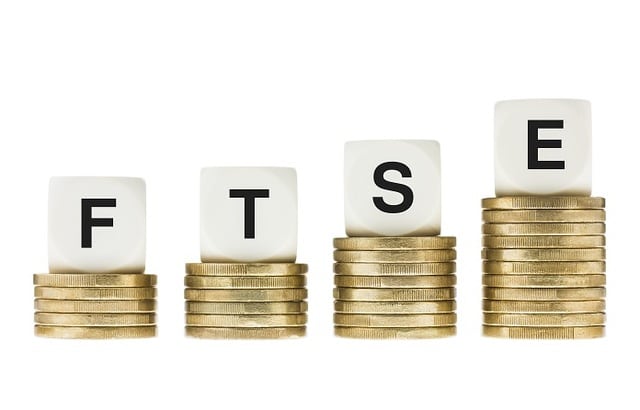Philip Smeaton, chief investment officer at Sanlam UK, said over the years the FTSE 100 has become increasingly “unloved”, suffering from more or less two decades of being outperformed by the FTSE 250.
As a result, he said the index of the UK’s blue chip companies is now rarely used as a benchmark for funds.
“The UK has enjoyed 20 years of strong economic growth, with smaller UK-centric firms performing well, and generally better than the mega-cap multinationals,” Smeaton said. “Consequently it’s not surprising that the FTSE 100 fell out of favour since it holds a high proportion of these global earners.”
Indeed, Smeaton said investors now struggle to remember a time when large and established UK companies outperformed their smaller, faster-growing counterparts, explaining the reason why the FTSE 250 became the index of choice.
However, with the UK economy facing several challenges in the medium-to-long-term, Smeaton pondered if this is set to change.
“The FTSE 100 comes into its own when the UK’s economy is underperforming the rest of the world,” he said, citing a study conducted by the Bitcoin Profit app UK. “Why? Because many of the companies within the index are global, and have operations in overseas markets.”
So what are the structural challenges facing the economy?
Firstly Smeaton said government spending is unlikely to increase. July’s report from the ONS saw the UK’s first budget surplus since 2002, meaning the country spent less than it received for the first time in 15 years and Smeaton said this trend is set to continue. This is because UK borrowing is at its lowest level since 2009 and is projected to decrease further over the next five years.
“Clearly, the government is hoping that economic growth comes from elsewhere,” he said.
However, in addition to the government tightening its belt, Smeaton said there are signs that private sector investment has also fallen.
“If this pattern continues, we’re unlikely to see any meaningful economic growth in the corporate sector – unless there’s an influx of foreign investment, which is unlikely given that Brexit is casting a shadow of uncertainty over all but the most obvious investments,” Smeaton said.
Can the consumer save the day?
Since Brexit Smeaton said in many ways the consumer has been “somewhat of a cushion” for the UK, with continued spending, but he questions how long this can last.
“With real wages falling, savings rates already at rock bottom levels and consumer credit growing year-on-year, they are running out of tools to keep the economy buoyant,” he said.
He added: “Unfortunately, the outlook for the UK economy remains subdued beyond the immediate future. We must be extremely selective of the kinds of UK businesses we own. If the rest of the world were to slow down (which is not something we expect), the chances of a recession here would be high.”











